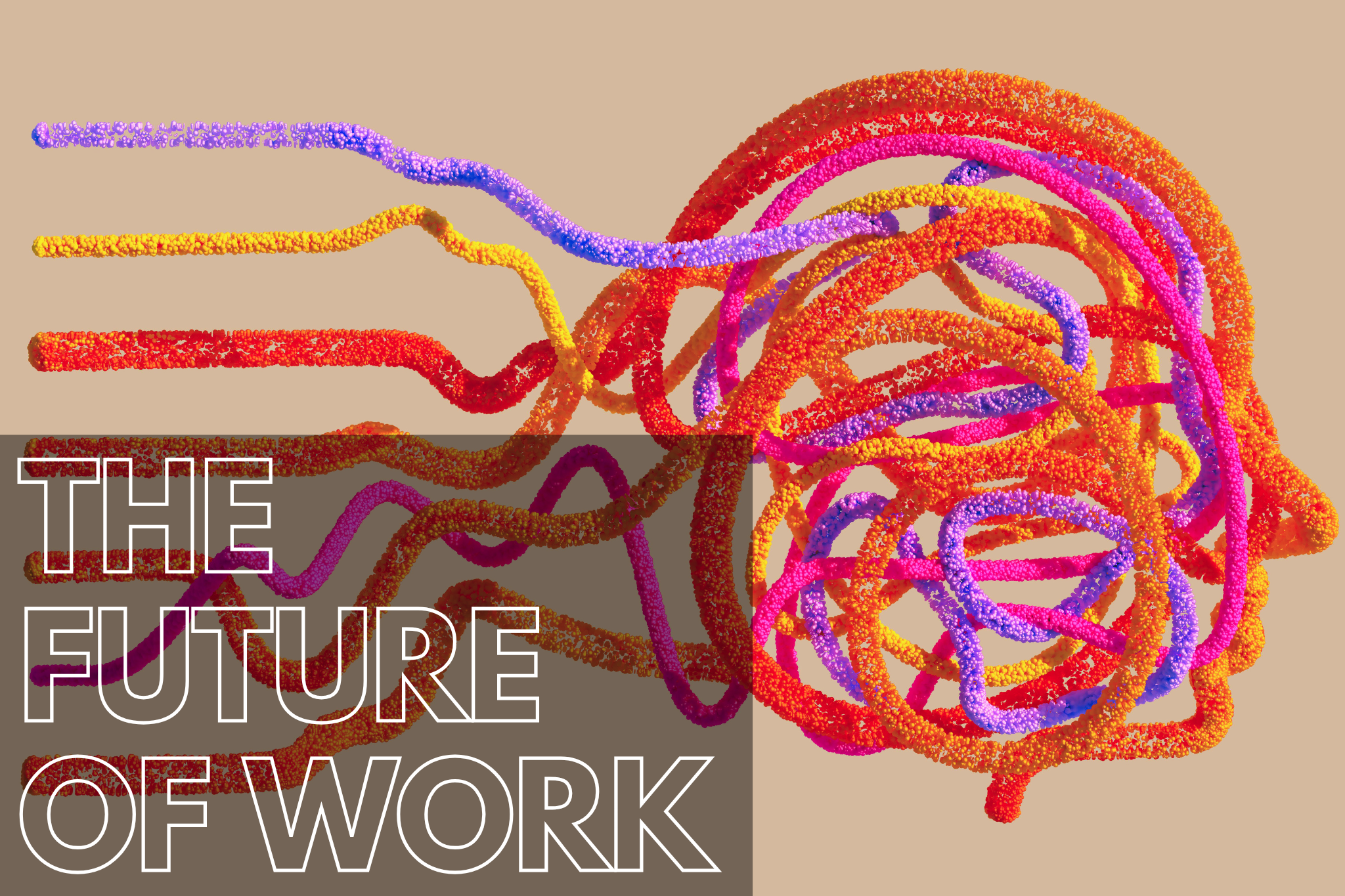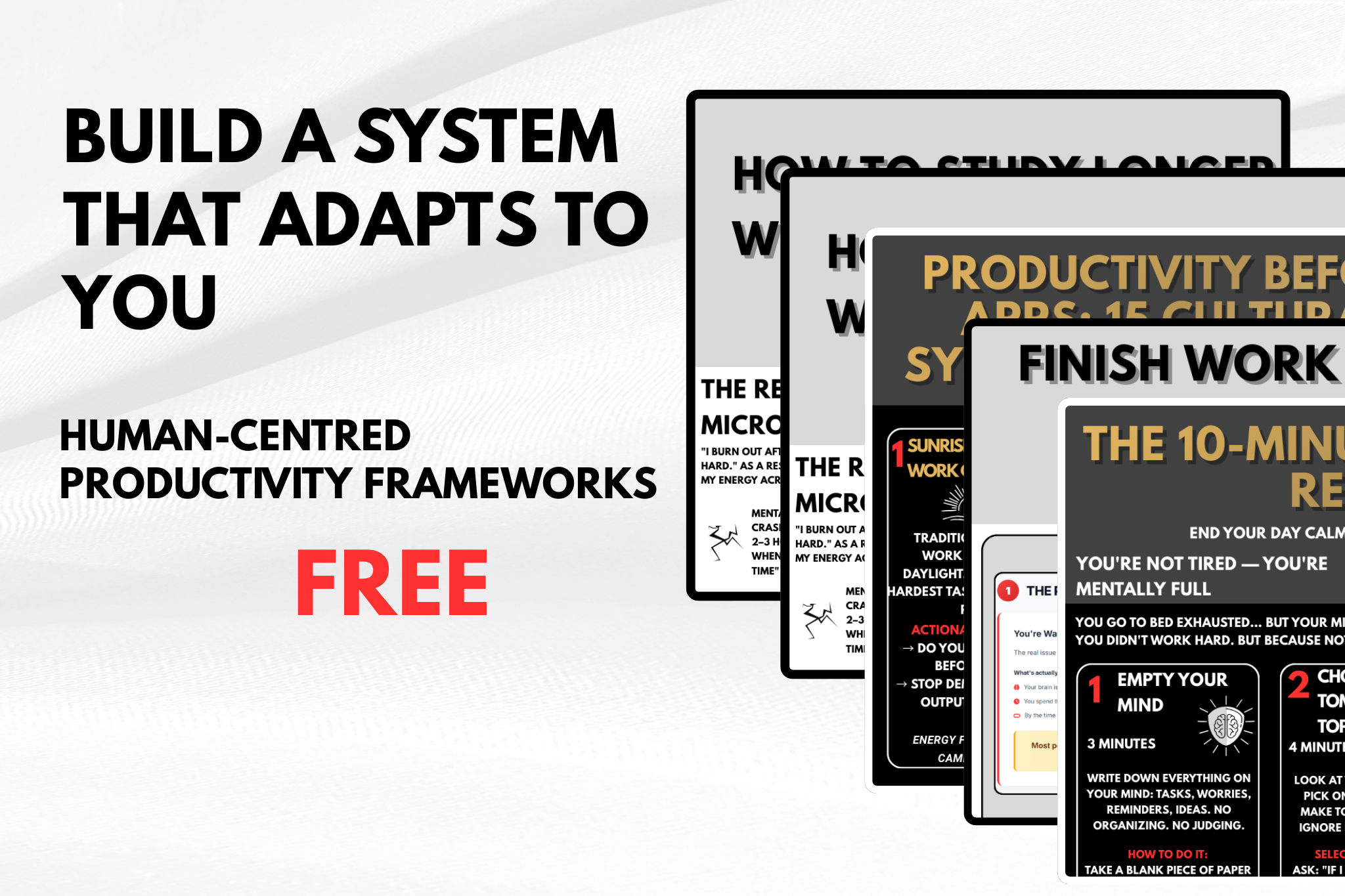Have you ever wondered what it would be like to work with artificial intelligence? It might seem like something from a sci-fi movie, but AI jobs are real, huge, and growing fast. By looking at over 900 AI-related positions, we can learn some surprising things about which skills matter, where the money is, and what these high-tech careers really look like.
What Are AI Jobs Really Like?
When most people think about AI jobs, they picture a scientist in a white lab coat. But the reality is way more exciting! Companies are hiring for tons of different AI roles:
Popular AI Job Types:
- AI Engineer Jobs – These professionals build the smart systems that power everything from your phone’s voice assistant to Netflix recommendations
- Generative AI Jobs – Workers who create AI that can write, draw, or make music (think ChatGPT or AI art generators)
- AI Prompt Engineer Jobs – New roles where people become experts at “talking” to AI systems to get the best results
- Gen AI Jobs – Specialists who focus on AI that creates brand-new content
- AI Product Manager Jobs – Leaders who decide how AI products should work and what features they need
- AI Content Writer Jobs – Writers who either work with AI tools or create content about AI technology
- AI Ethicist Jobs – People who make sure AI is used fairly and safely
- AI Annotation Jobs – Workers who help train AI by labeling data and teaching machines what things are
This means there’s a place in AI for all sorts of interests, not just hardcore math and science.
Skills That Actually Matter
You’d expect to see programming languages like Python and Java (and they are super important!), but the skill list is much broader. The most wanted abilities mix coding, data handling, and modern tech tools:
- Cloud Platforms: Knowing AWS, Azure, or Google Cloud is huge because AI needs massive computing power
- Big Data Tools: Spark, Hadoop, and SQL help manage the enormous amounts of data that AI systems learn from
- AI Frameworks: TensorFlow and PyTorch are the essential toolkits for building AI models
- Development Tools: Kubernetes, Docker, and Git help teams build and manage AI software efficiently
The key takeaway? Being good at just one thing isn’t enough. The most successful AI professionals know a mix of coding, data science, and software deployment.

Will AI Replace Jobs? The Real Story
One of the biggest questions people ask is: “Will AI replace jobs?” The answer isn’t simple. While AI taking over jobs is a real concern, it’s also creating entirely new career paths.
Jobs That AI Will Replace:
- Simple data entry tasks
- Basic customer service chat responses
- Routine scheduling and appointment setting
- Simple photo editing and formatting
AI Proof Jobs (Jobs That AI Can’t Replace):
- Creative problem-solving roles
- Jobs requiring emotional intelligence
- Complex human interaction positions
- Strategic decision-making careers
- Hands-on skilled trades
The smart move? Instead of worrying about AI taking over jobs, focus on learning skills that work with AI rather than compete against it.
Experience = Big Money
The data shows a crystal-clear pattern: more experience equals way higher pay. Expert-level AI positions often pay double or triple what entry-level jobs offer.
For example:
- Entry-level AI jobs might start around $40,000
- Expert-level positions can reach over $280,000!
This shows that AI is a field where sticking with it and gaining experience really pays off.
AI Remote Jobs Are Everywhere
Here’s some great news: tons of AI remote jobs and AI work from home jobs are available. Many companies offer high “remote ratios,” meaning you can work from your bedroom, a coffee shop, or anywhere with good internet.
This is awesome because you don’t need to move to expensive tech cities like San Francisco to land an amazing AI career. Companies worldwide are hunting for talent and happy to hire remote workers.
It’s a Global Opportunity
AI jobs aren’t just in Silicon Valley. This data includes positions from the United States, Canada, Europe, and tech hubs like Singapore and India. Companies everywhere are racing to use AI, creating truly global opportunities.
What This Means for Your Future
If you’re thinking about your career, the AI job market is sending some clear signals. Start learning now by trying basic Python tutorials or online coding platforms, experimenting with AI tools like ChatGPT to understand how they work, and learning about data and how software gets built.
Be well-rounded in your approach. Don’t just focus on coding understanding data, ethics, and how to communicate about technology will make you super valuable. The future is flexible when it comes to AI skills, which open doors to jobs with great pay and the freedom to work from anywhere. Whether you want to be an AI engineer, work in generative AI, or become an AI ethicist, there’s likely a path that fits your interests.
Bottom Line
The AI job market isn’t some distant future concept it’s happening right now. Companies need people who understand both technology and human needs. The most valuable workers will be those who stay curious, adapt to changes, and keep learning new things.
Whether you’re interested in building AI systems, making sure they’re used ethically, or helping people understand this technology, there’s probably an AI job with your name on it. The key is starting to learn and explore now, while this incredible field is still growing.
FAQs
Will AI replace jobs in the future?
Yes, AI is expected to replace certain routine and repetitive jobs, such as data entry, customer service chat support, and some administrative tasks. However, it will also create new opportunities in areas like AI engineering, prompt design, ethics, and data management. The key is adapting by developing skills that complement AI.
What jobs will AI replace by 2030?
By 2030, experts predict AI may replace jobs such as cashiers, telemarketers, basic bookkeeping roles, and some transportation services. However, creative, strategic, and human-centered roles like teaching, healthcare, design, and leadership remain harder to automate.
What jobs will AI create in the future?
AI is creating new roles in fields like AI engineering, prompt engineering, AI ethics, product management, data labeling, AI content writing, and generative AI development. These jobs require both technical skills and creative problem-solving.
Are AI jobs remote?
Yes, many AI jobs are remote. Roles such as AI research, prompt engineering, data annotation, AI content writing, and AI software development can be performed fully online, making them accessible to global talent.
What skills are needed for AI jobs?
The most in-demand skills for AI jobs include programming (Python, R, SQL), machine learning, natural language processing, data science, prompt design, and ethics in AI. Soft skills like critical thinking and adaptability are equally important.






